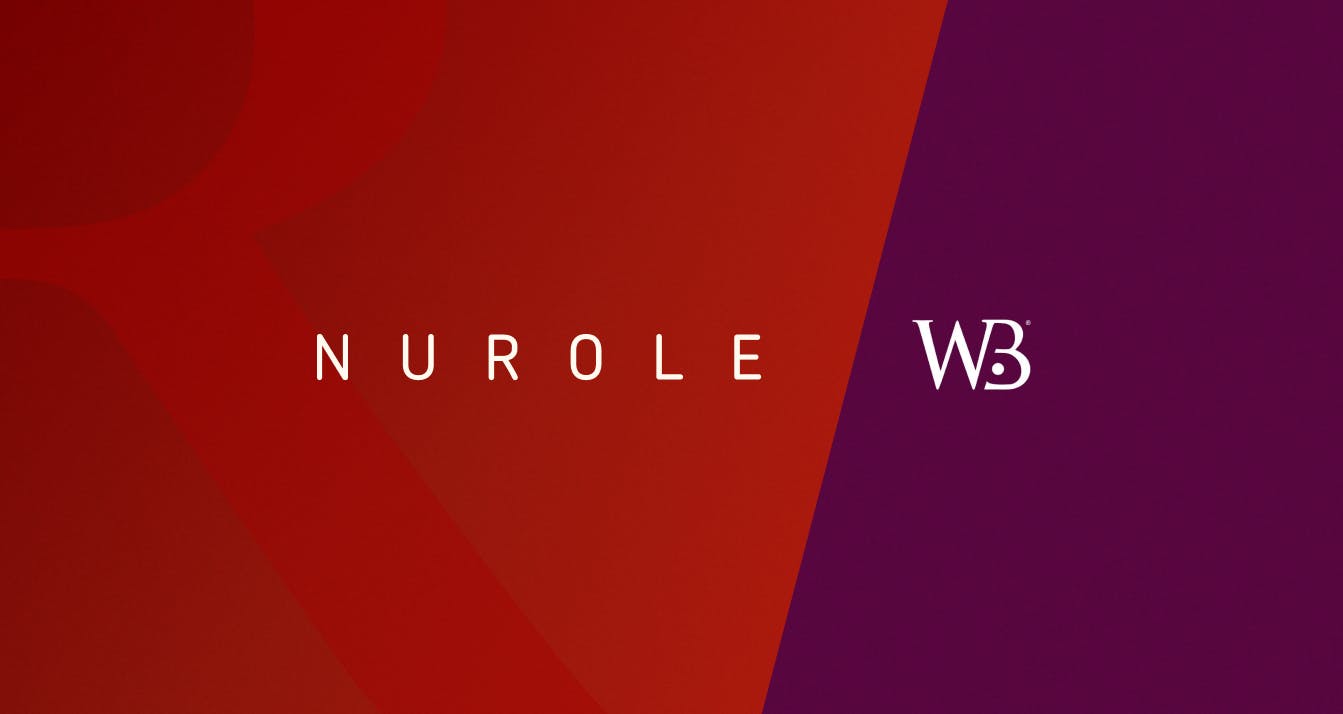
What are the relevant environmental standards for AIM basic materials and energy companies, and where do they come from?
Nurole’s AIM ESG series, created with Addidat, provides information about AIM companies’ ESG requirements and performance, along with practical suggestions about what they can do to improve. This article focuses on key environmental pressures for companies operating in the Energy & Basic Materials sectors.
Regulation
Law
Energy and Carbon Report Regulations (SECR), as per The Companies (Directors’ Report) and Limited Liability Partnerships (Energy and Carbon Report) Regulations 2018.
Scope
Large UK incorporated companies consuming > 40 kWh energy in the UK in a year. "Large" is defined as meeting two of three criteria:
- 250+ employees
- £36m+ turnover
- £18m+ balance sheet
Requirements
Annual report disclosing Scope 1 & 2 Emissions, including:
- Energy consumption
- GreenHouse Gas (GHG) emissions
- Energy performance, and
- Actions being taken to improve energy efficiency.
Anticipated scope
Reporting requirements may increase to Scope 3 mandatory reporting, which would require firms to report all indirect upstream and downstream emissions and include any and all emissions that result as a consequence of activities of the company, but occur from sources not owned or controlled by the company.
Non-regulatory benefits
Measuring energy usage and emissions can help firms evaluate their operations in order to establish carbon reduction plans. These plans will subsequently enable firms to identify cost-savings, as well as helping signatories honour the Paris Agreement. Moreover, reporting will help organisations meet investor, client and supplier demands, where they have to report on their own Scope 3 requirements or meet minimum procurement or investor requirements.
Law
The Companies (Strategic Report) (Climate-related Financial Disclosure) Regulations 2022
Scope
UK listed companies > 500 global employees, (or asset managers with > £5bn AUM) due to come into force for report Year Ends from April 2023 .
Requirements
Inclusion of Task Force on Climate-related Financial Disclosures (TCFD) within the Non-Financial and Sustainability Information Statement of the annual report.
Anticipated scope
May expand to all companies as soon as 2025.
Non-regulatory benefits
Internally, it is critical for companies to assess climate change risks in order to establish mitigation plans, which will ensure their longevity. Externally, these assessments will help firms meet client and investor needs with regard to climate risk and opportunity assessment and mitigation.
Investors
AIM companies will face increasing pressures from investors to improve their environmental performance, whether because of internal responsible investment policies or external regulation which requires investors to report on the environmental performance of their investments.
The Net Zero Asset Owner Alliance, worth $11tr, has recently stated that it expects members to develop and align individual oil and gas policies with 1.5C pathways and cover portfolio allocation, stewardship programmes, and policy engagement. They expect Oil & Gas producers and their customers to set science-based, absolute- and intensity-oriented emissions targets covering Scope 1, 2, and 3 GHG emissions.
There are an increasing number of Assets Under ESG Management: according to a PWC Report, there will be as much as $33.9tr of these assets by 2026. Although there are several ways in which these investors assess and integrate ESG, as a matter of basic hygiene, ESG funds require the firms they have invested in to report on and improve their ESG performance, year on year.
Beyond Assets Under ESG Management, many investors will operate according to their own Responsible Investment Policies. Many of these policies already restrict investment in fossil fuels, and they are likely to become more exacting. Moreover, as noted above, institutional investors which fall under the SECR Scope 3 reporting requirements themselves will have to disclose their investment GHG.
Suppliers
AIM companies also face increasing pressure from their suppliers and distributors. Like investors, these third parties may be subject to regulatory and commercial pressures that go beyond the direct environmental requirements for AIM companies.
It may be that one of those third parties relies on government contracts, for instance, and in order for them to keep winning those contracts, they may have to commit to net zero. Or it may be that they need to disclose investment GHG as part of their own Scope 3 reporting.
Moreover, increasingly companies will require other parties in their supply chain to undertake sufficient climate risk analysis to satisfy their own risk assessments. And as customers continue to vote on climate action with their wallets, organisations will need their partners to pull their weight in order to maintain their reputations. According to a survey by Edelman, 64% of consumers around the world identify as belief-driven buyers.
Employees
To attract and retain the best executive talent, companies need to show strong environmental credentials. According to a recent survey by Deloitte, 75% of millennials would take a pay cut to work for a company they consider to be environmentally and socially responsible. Another survey by Cone Communications found that 76% of millennials consider a company’s social and environmental commitments when deciding where to work.
More directly, there have been several high-profile instances of employee activism related to ESG issues in recent years. In 2019, Amazon employees walked out in protest over the company’s environmental policies. And in 2020, employees at Google formed a union to push for stronger ESG commitments from the company. In an AIM context, employees from Good Energy Group, amongst others, have formed a pressure group to push for better environmental performance.
This article was created with Addidat
Addidat is the leading provider of ESG benchmark data for the London Stock Exchange AIM market, covering all industry sectors. Our accurate and comprehensive ESG dataset enables our clients to understand what their peers and competitors are achieving in ESG, how they compare and what they need to do to enhance or maintain their positioning.
Addidat’s benchmarking data delivers actionable findings, laying the foundations for successful ESG strategies and providing confidence that investment is being targeted in the areas that matter most to investors, clients, employees and regulators.
www.addidat.com │ linkedin.com/company/addidat-ltd │[email protected]






